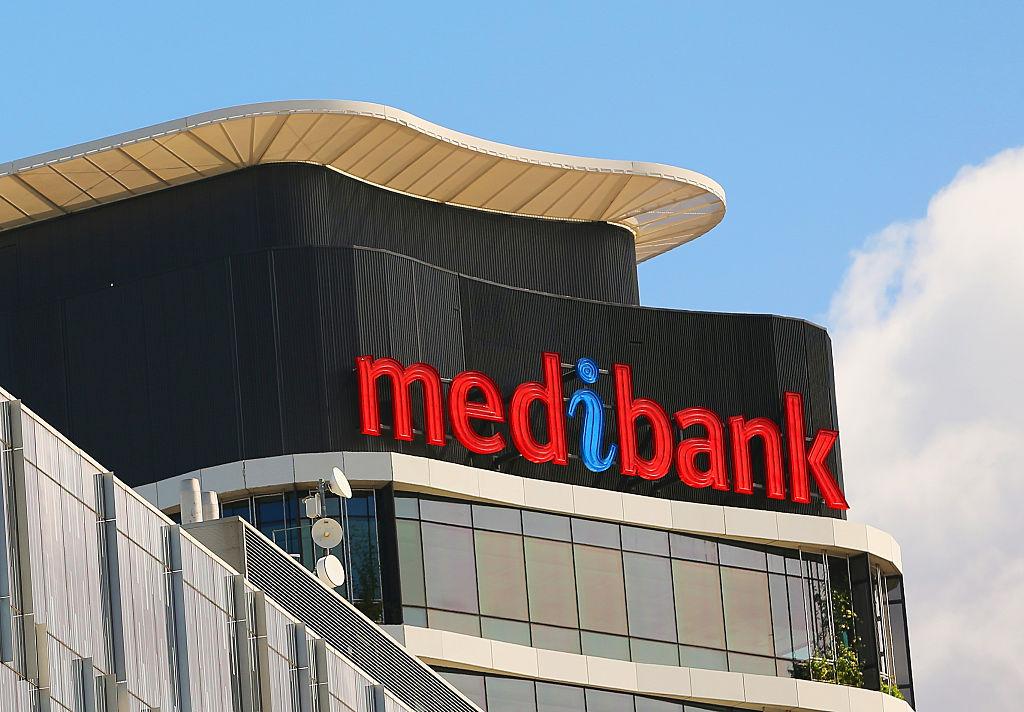The hacking syndicate behind the Medibank cyberattack has followed through on its threat to release the personal details of nearly 10 million Medibank customers after the company refused to pay the ransom.
Personal data, including names, addresses, dates of birth, phone numbers, email addresses, Medicare numbers for ahm health insurance customers, some passport numbers for international students, and some health claim data has been put onto the dark web. But credit card or banking details were not breached, Medibank said.





